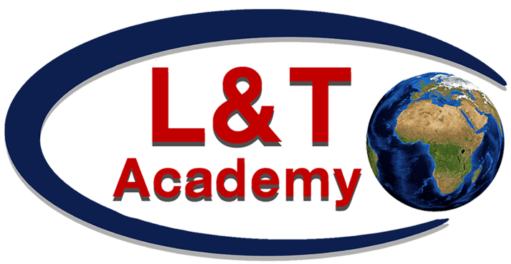Description
Course Description:
This introductory course is designed for individuals with little to no prior knowledge of Indonesian. It aims to build foundational skills in understanding, speaking, reading, and writing Indonesian through interactive lessons, practical exercises, and cultural insights. By the end of the course, students will be able to engage in basic conversations, understand simple texts, and write simple sentences in Indonesian.
Course Objectives:
- Develop basic proficiency in speaking and understanding Indonesian.
- Build foundational vocabulary and grammar skills.
- Practice reading and writing simple sentences and paragraphs.
- Gain an understanding of Indonesian culture and common expressions.
Weekly Outline:
Week 1: Introduction to Indonesian Language and Culture
- Overview of the Indonesian language: Alphabet, pronunciation, and basic greetings.
- Introduction to Indonesian culture and customs.
- Practice: Basic greetings and self-introduction.
Week 2: Basic Vocabulary and Simple Sentences
- Common vocabulary: Numbers, days of the week, and basic nouns (e.g., family members, common objects).
- Constructing simple sentences (e.g., “I am a student”).
- Practice: Introducing yourself and describing basic personal information.
Week 3: Pronouns and Basic Verbs
- Personal pronouns (e.g., I, you, he/she, we, they).
- Introduction to basic verbs (e.g., to be, to have, to go, to eat).
- Practice: Creating simple sentences using pronouns and verbs.
Week 4: Describing People and Things
- Adjectives for describing people and objects (e.g., tall, short, big, small).
- Formulating sentences to describe physical appearance and characteristics.
- Practice: Describing people, objects, and places.
Week 5: Present Tense and Everyday Activities
- Formation of the present tense in Indonesian.
- Vocabulary related to daily activities (e.g., eating, working, studying).
- Practice: Talking about daily routines and common activities.
Week 6: Questions and Negation
- Formulating questions (e.g., What? Where? When? How?).
- Using negation (e.g., not, never).
- Practice: Asking and answering questions, and making negative statements.
Week 7: Directions and Locations
- Vocabulary for directions and locations (e.g., left, right, near, far).
- Describing locations and giving simple directions.
- Practice: Asking for and giving directions.
Week 8: Time and Dates
- Vocabulary related to time (e.g., hours, minutes) and dates (e.g., days, months).
- Constructing sentences to talk about time and scheduling.
- Practice: Talking about daily schedules and important dates.
Week 9: Shopping and Dining Out
- Vocabulary for shopping and dining (e.g., food items, shopping phrases).
- Constructing sentences for making purchases and ordering food.
- Practice: Simulating a shopping trip and dining experience.
Week 10: Past and Future Tenses
- Introduction to past and future tenses in Indonesian.
- Formulating sentences to talk about past events and future plans.
- Practice: Describing past experiences and future goals.
Week 11: Conversational Practice and Cultural Insights
- Role-playing common conversational scenarios (e.g., meeting new people, making small talk).
- Cultural insights into Indonesian etiquette and communication styles.
- Practice: Engaging in simple conversations and understanding cultural contexts.
Week 12: Review and Final Assessment
- Review of key vocabulary, grammar, and communication skills covered in the course.
- Final assessment: Written and oral test to evaluate proficiency and understanding.
- Practice: Final project or presentation using Indonesian to demonstrate learned skills.
Assessment Methods:
- Weekly quizzes to test vocabulary and grammar.
- Homework assignments including writing sentences and short paragraphs.
- Participation in class activities and role-playing exercises.
- Mid-term and final assessments to evaluate progress and proficiency.
Recommended Texts and Resources:
- “Complete Indonesian: A Teach Yourself Guide” by Christopher Byrnes and Eki R. Irham.
- “Colloquial Indonesian: The Complete Course for Beginners” by Sutanto Atmosumarto.
- Online language learning platforms and Indonesian language apps (e.g., Duolingo, Babbel).
- Audio and video resources for listening practice.
Additional Activities:
- Watching Indonesian films or listening to Indonesian music to enhance listening skills and cultural understanding.
- Participating in language exchange sessions or conversation clubs to practice speaking.
This outline provides a structured approach to learning Indonesian, ensuring that students build their skills progressively while also gaining cultural insights. The course emphasizes practical usage and communication, which is key to developing language proficiency.







Reviews
There are no reviews yet.